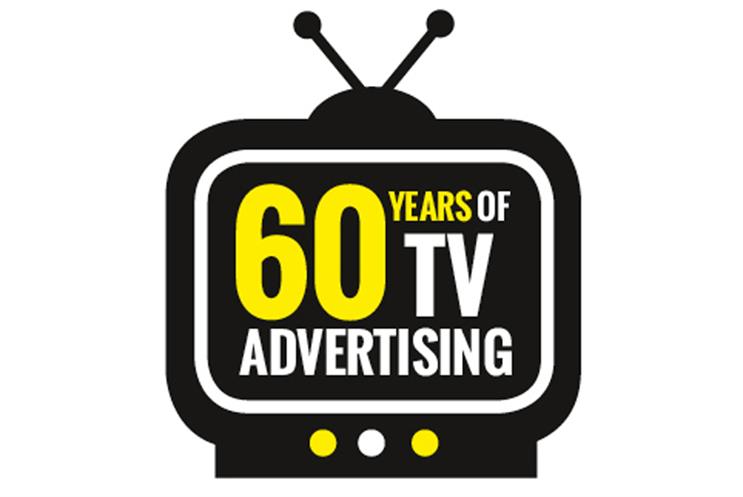What hasn’t changed about TV is the power of it, which is why it remains an incredibly important channel to us. It provides us with the opportunity to connect emotionally with millions and get people talking about brands they like. Brand advertising in particular is becoming increasingly more emotive and audience-specific.
Over the years though what has changed is the way TV is consumed. It isn’t just on TV sets now. Being viewed dual screening - on smartphones, tablets, Smart TVs and phones - we need to change the language we use to talk about audio visual content also.
Channel fragmentation is something we have had to get smarter about also. We now have hundreds available to us, all of which are available via video-on-demand (VOD). Audiences are now in charge of TV stations as they choose what to watch and when to watch it. The audience and channel fragmentation has provided us with the opportunity and ability for advertisers to target more discrete audiences.
TV has driven an emotional connection between people and their favourite brands. Those that get it right become part of the cultural landscape, creating hardwired associations that last a lifetime and create resonance and affiliation. The best ads become synonymous with the decades they appear in.
I think TV will become a fully immersive sensory experience. The boundaries between gaming and TV will blur as consumers dictate the storylines
TV advertising will continue to evolve and technology will enable us to be more targeted and relevant in our approach, tailoring communications to households and individuals. TV, like other channels will become data-driven with audience segmentation driving communication. It will form part of our CRM armoury.
There will also come a point in time when TV is traded programmatically, where we will be able to link to live sales data and switch copy based on demand, weather and availability. ‘Big and live’ programming will continue to create opportunities to get the nation talking as one and we have started to see this with the kick-off of the Rugby World Cup. This will continue for us.
Looking forward to the next sixty years of TV advertising really excites me! Mostly I am excited about the ability to increase the personal relevance of our advertising, reducing the reliance on an interrupt model.
I think TV will become a fully immersive sensory experience. The boundaries between gaming and TV will blur as consumers dictate the storylines and can become part of their favourite shows. I think people will also be able to interact with advertisers and enter virtual shops on their TV to make purchases.


